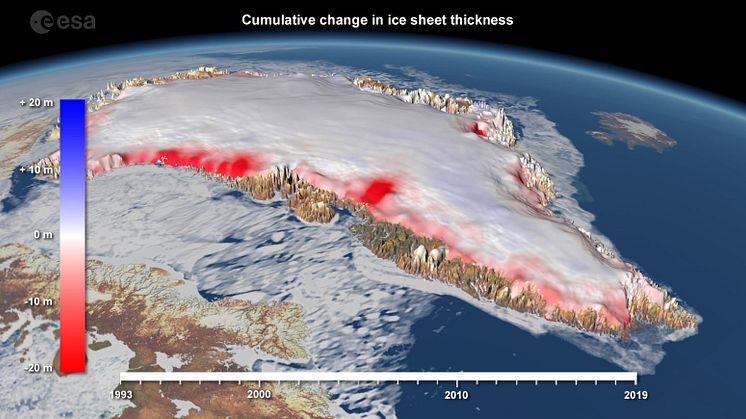Royal Honour as leading researcher awarded Polar Medal
Professor John Woodward of Northumbria University has been awarded The Polar Medal in recognition of his outstanding work and contribution to UK scientific knowledge of the polar regions.

Professor John Woodward of Northumbria University has been awarded The Polar Medal in recognition of his outstanding work and contribution to UK scientific knowledge of the polar regions.

Research led by polar scientists from Northumbria University has revealed new hope in natural environmental systems found in East Antarctica which could help mitigate the overall rise of carbon dioxide in the atmosphere over long timescales.

Melt from ice sheets on Earth is already contributing to flooding across the globe and is expected to increase in the coming decades. Adaptation to reduce the destructiveness of future sea level rise is under way and depends critically, inch by inch, on the work of a newly-funded, international group of polar scientists.

Global fashion leaders gathered at Northumbria University to address textile microfibre pollution through a research collaboration with The Microfibre Consortium and Fashion for Good. The Behind the Break project analyses fibre shedding, emphasising science-led solutions and sustainable practices to mitigate environmental impact from textiles.

A glacier in Antarctica is committing “ice piracy” – stealing ice from a neighbour – in a phenomenon that has never been observed in such a short time frame, say scientists.
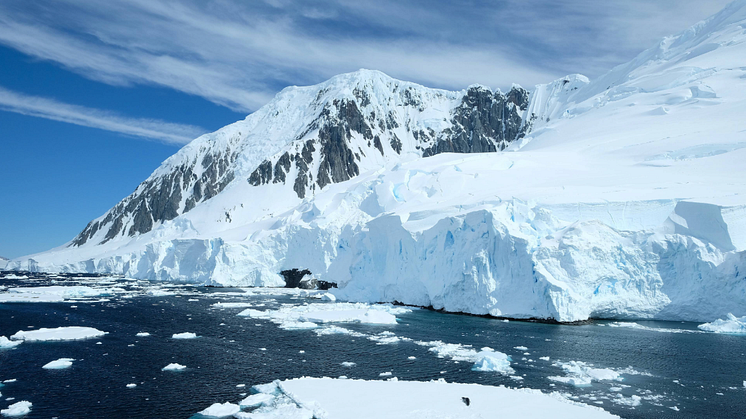
Analysis of fossilised rocks known as stromatolites from more than two-and-a-half billion years ago has provided new insights into the conditions on Earth before the evolution of oxygen.
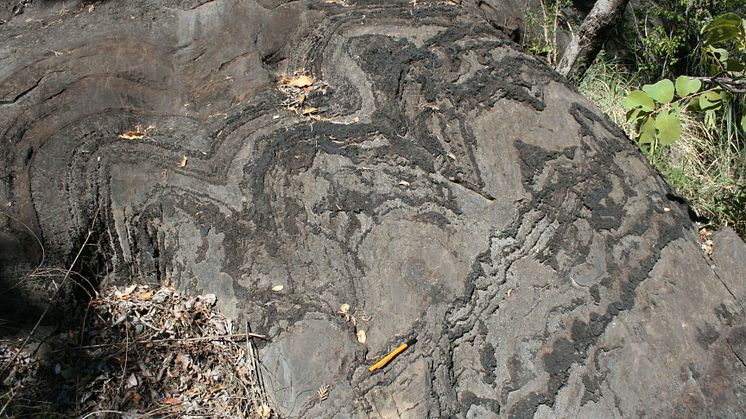
A new research hub in North East England, the FibER Hub, will investigate microfibre pollution from textiles. This collaboration aims to analyse environmental impacts and support sustainable textile development, focusing on reducing fibre shedding throughout the lifespan of fabrics.

Academics from Northumbria University are part of an international research team which has used data from satellites to track changes in the thickness of the Greenland Ice Sheet.
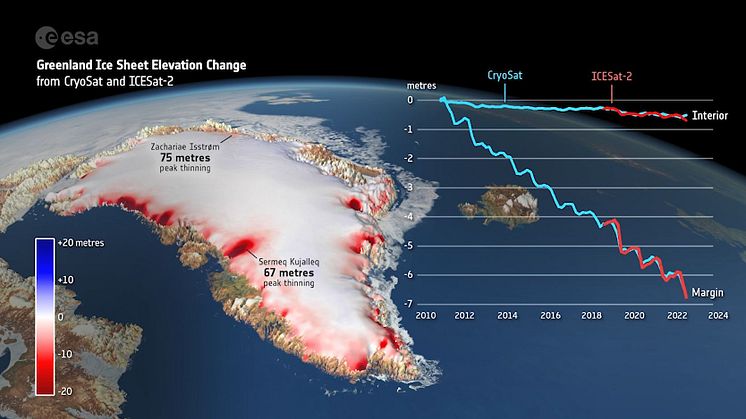
The UK Centre for Polar Observation and Modelling (CPOM), based at Northumbria University, has been awarded over £400,000 by the European Space Agency (ESA) to investigate tipping points in the Earth’s icy regions, known as the cryosphere, with a focus on the Antarctic.
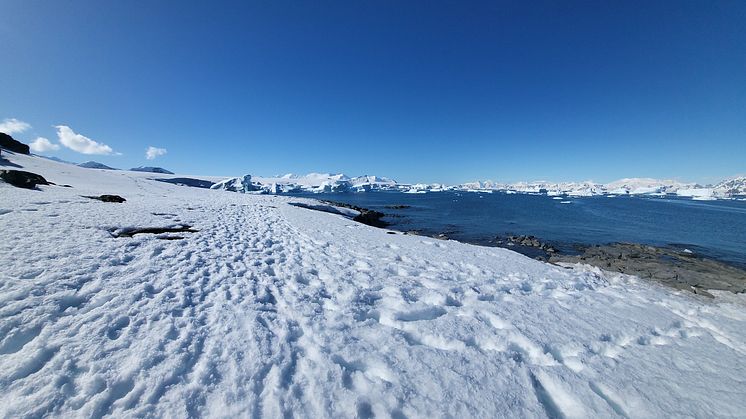
Researchers have found evidence that mangrove forests – which protect tropical and subtropical coastlines – are drowning in the Maldives. Their findings, published today (Tuesday 12 December) in Scientific Reports, indicate that rising sea level and a climate phenomenon known as the Indian Ocean Dipole have led to some Maldivian islands losing over half of their mangrove cover since 2020.
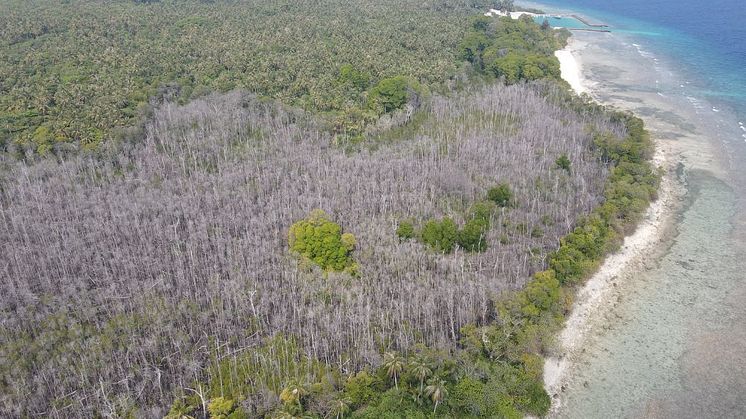
Major differences in the way that Antarctica’s ice sheets formed millions of years ago could be the reason why ice is melting faster today than predicted, especially in West Antarctica, an international research team has discovered. The surprising findings, detailed in unique geological sediment samples from drill cores, provide insights into when and where today’s Antarctic ice sheets formed.

A new research synthesis co-authored by an international group of 29 ice sheet experts states that future rises in sea level could be better estimated by gaining a clearer understanding of the Antarctic and Greenland ice sheets.
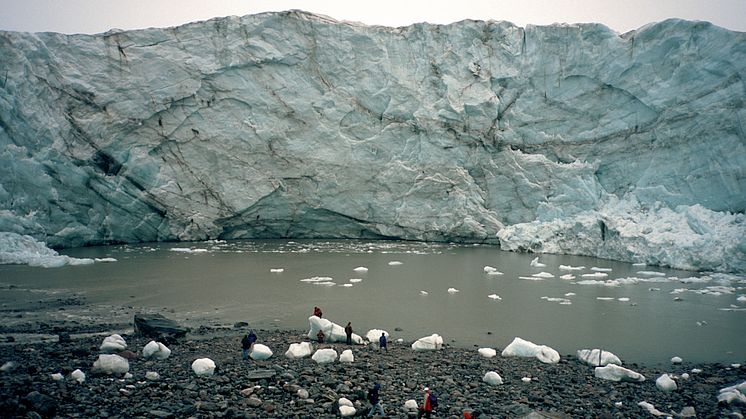
In an article written for The Conversation*, both from Northumbria University, Hilmar Gudmundsson, Professor of Glaciology and Dr Brad Reed, Research Fellow in the Department of Geography and Environmental Sciences, alongside Mattias Green, Professor in Physical Oceanography at Bangor University discuss developments in the activity of the Pine Island glacier in the west Antarctic ice sheet.
Pine Island Glacier in West Antarctica has gone through an irreversible retreat, passing a tipping point within the last 80 years, researchers have found. The findings, which are published in the influential journal Nature Climate Change, have emerged when world leaders gather in Dubai to debate the impacts of climate change at the COP28 conference.
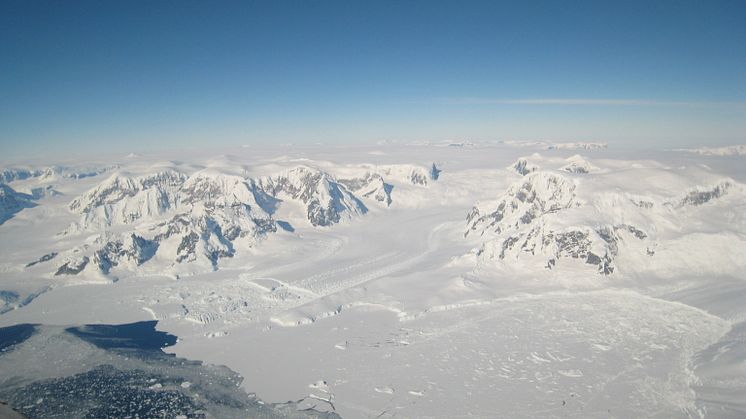
In an article written for the Conversation, Jan De Rydt, Associate Professor of Polar Glaciology and Oceanography at Northumbria University, along with Ocean-Ice Modeller Kaitlin Naughten and Ocean and Ice Scientist Paul Holland, both from the British Antarctic Survey, discuss their recent research findings on the warming of the West Antarctic ice sheet.
The West Antarctic ice sheet will continue to increase its rate of melting over the rest of the century, no matter how much we reduce fossil fuel use, according to British Antarctic Survey (BAS) research, supported by Northumbria University, and published in the journal Nature Climate Change.
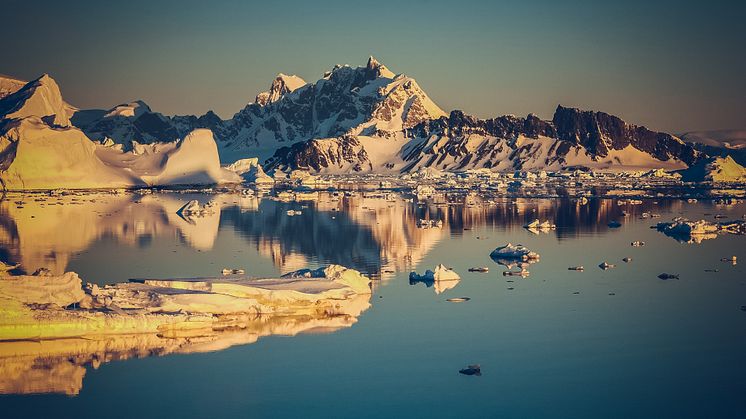
A new study has revealed that drying laundry using a condenser tumble dryer leads to hundreds of tonnes of potentially harmful microfibers being released into waterways and oceans across the UK and Europe.
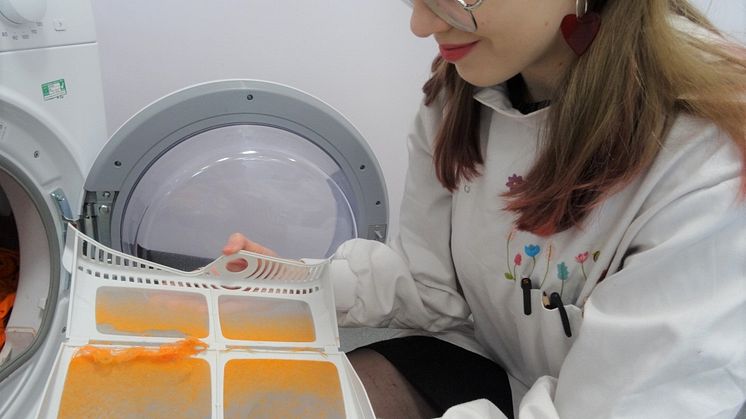
Scientists at Northumbria University have developed a sustainable solution for clean drinking water, that can be deployed to rural communities and set up easily without scientific know-how.
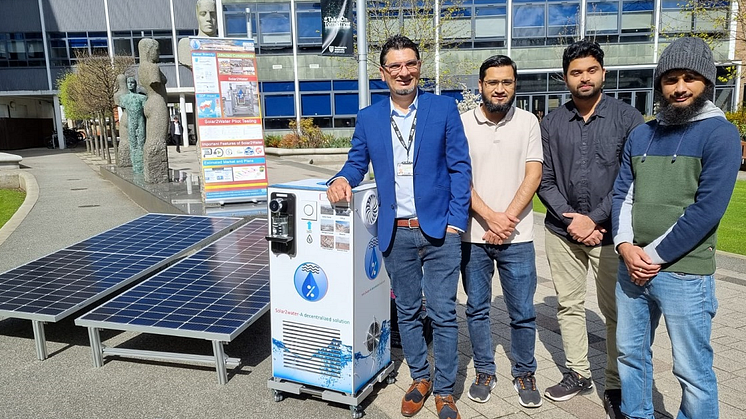
A model sailing boat which represents a key part of a project working to banish single use plastics has embarked on a global tour that will help its message reach thousands more people and communities across the planet.

The seven worst years for polar ice sheets melting and losing ice have occurred during the past decade, according to new research led by IMBIE - part of Northumbria University's Centre for Polar Observations and Modelling - with 2019 being the worst year on record. The findings are published today in the journal Earth System Science Data.
